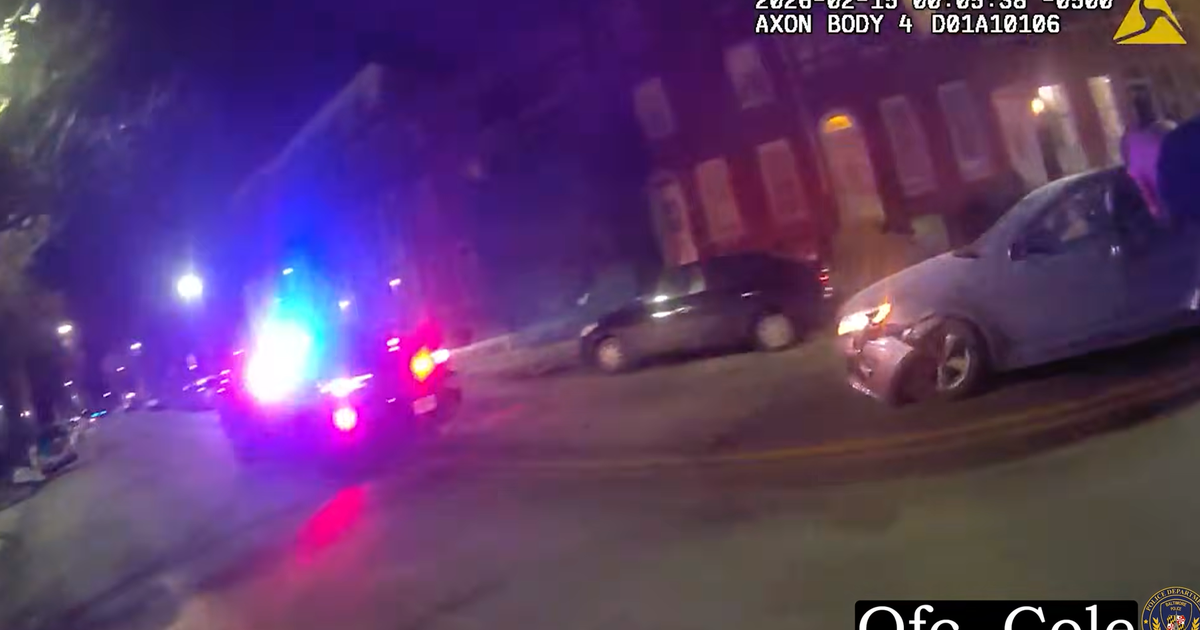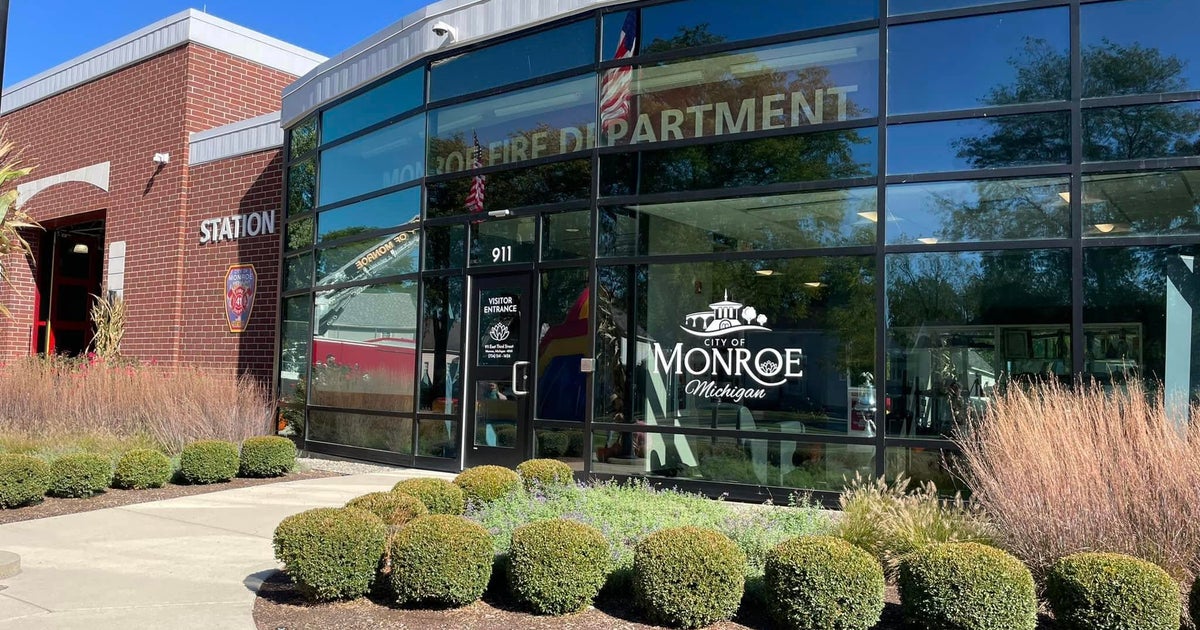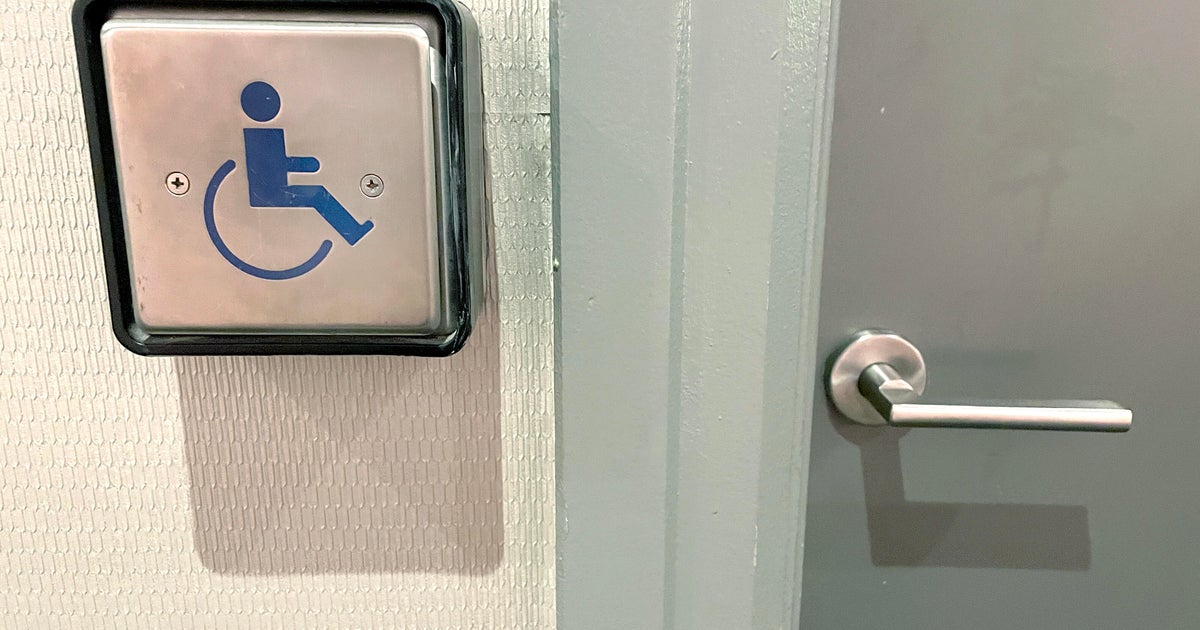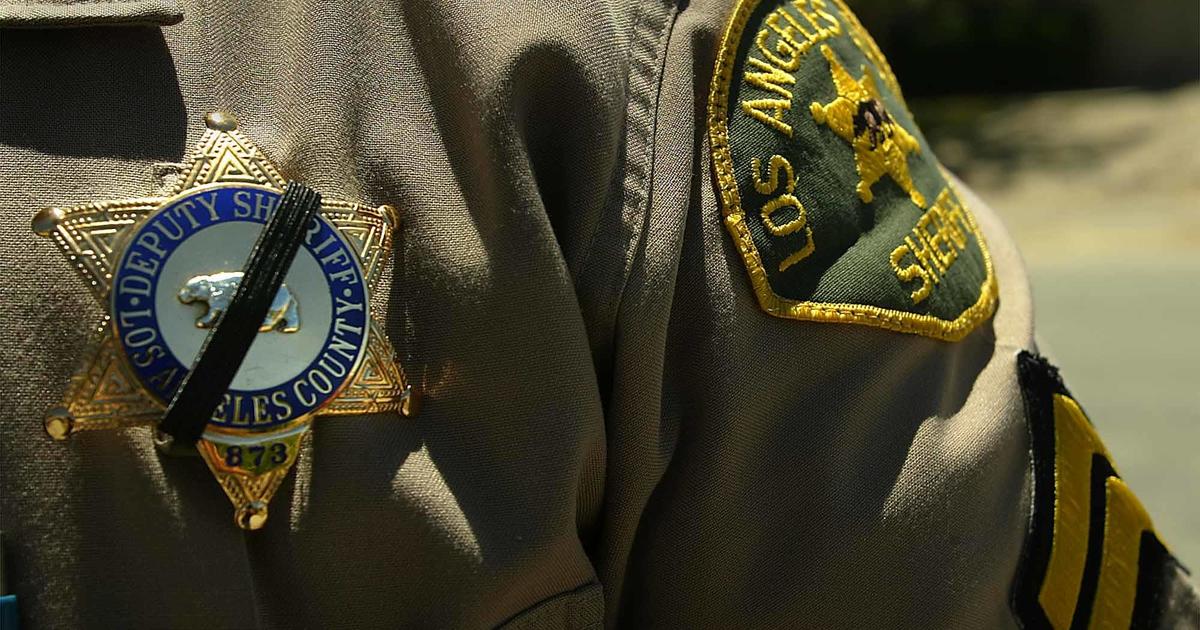The Colony PD taking steps to better protect residents with developmental, cognitive disabilities
THE COLONY (CBSNewsTexas.com) — A North Texas police department is taking steps to help some of our most vulnerable community members in emergency situations.
The Take Me Home program allows people to register loved ones with developmental or cognitive disabilities, so officers can easily identify and communicate with them if they ever go missing.
"We see the need for it," said officer Carlos Henderson, the mental health coordinator with The Colony Police Department. "It gives us a brief synopsis about this loved one so we can help them reunite with their family in a more safe way."
The Take Me Home database will give TCPD the ability to find critical information about someone with dementia, autism, or other special needs who wanders away from school or home.
"It gives us emergency contacts, how they communicate—sign language, pictures, symbols, writing—if they respond well to law enforcement, if they're going to run from lights and sirens," Henderson said.
He hopes families register for the free service. The new initiative is part of the department's broader efforts to better address a variety of mental health challenges.
"We want to help you," he said. "We have more tools in our toolbox than a gun and a taser. We're there to help and protect the public, not just take people to jail and write people tickets."
Henderson says the department has seen calls for service for mental health skyrocket in recent years.
"I'd say it's at least multiplied five times more since COVID," said Henderson. "People having to move back home, losing jobs, extra stress, the isolation."
To reduce those traumatic and often dangerous 911 calls, TCPD is starting a mental health crisis intervention unit as well.
"Before they're at the pinnacle of the crisis—when they're so out of control they're [in] full-blown psychosis—then we can maybe intervene prior to," Henderson said. "Whether it's helping them find ways to get to appointments, finding counselors or therapists, or just resources—sometimes that's the hardest part."
Henderson says these types of initiatives are becoming the new standard for law enforcement agencies everywhere, as the nature of policing changes.
Officers also receive more training now on de-escalation and crisis intervention than ever before.







